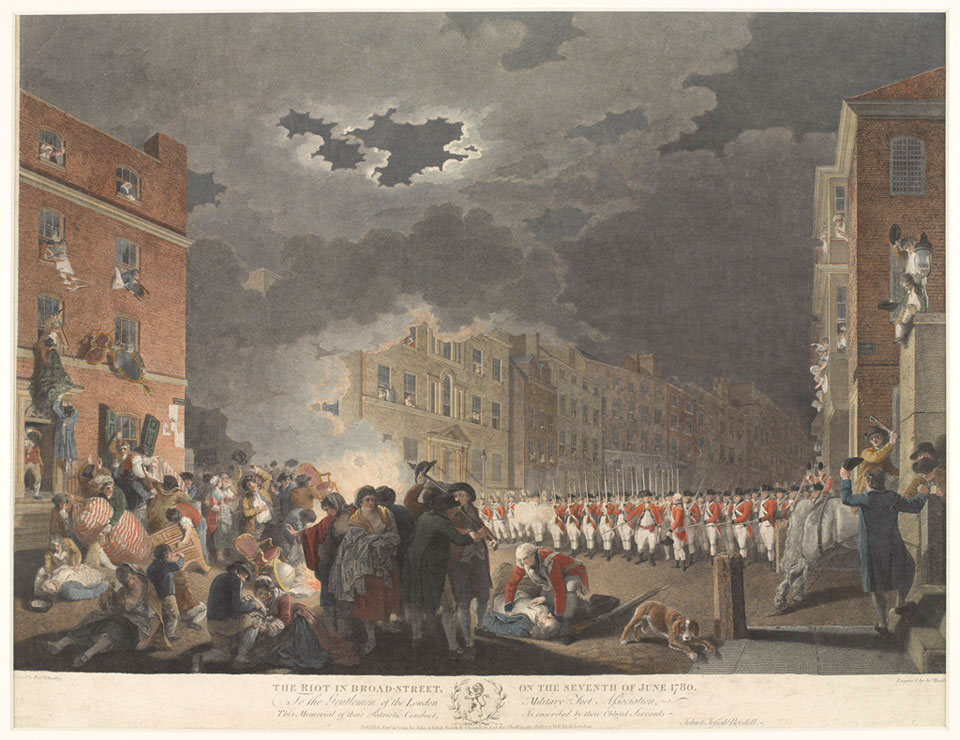Intro to the Socialism 2023 Conference
September 13, 2023

The Socialism 2023 conference was held in Chicago, September 1-4, at the Hyatt Regency McCormick Place hotel, near the lakefront. It was a beautiful Labor Day weekend in the city.
The timing of Labor Day was no coincidence, of course, though the venue might be said to have had a whiff of the ridiculous for those who believe in economic justice and advocate against supranational corporate profits. The conference rate got the per-night stay—with city, county, and state taxes, plus parking fees—down to about $200 per night. (Hyatt Hotels Corporation stock fell that weekend, though the second-quarter earnings report and worries over COVID, not the socialists, were likely to blame.) Admission to the conference itself was another 150 bucks.
For a comrade who did not live in Chicago and would also pay for travel, this might all come a little rich, but that is the modern conference model. (Only 18 of the 120 conference sessions were made available online for free.)
A year ago I also attended CPAC, the Conservative Political Action Conference, in Dallas, and costs were even higher. But the ethos of MAGA Republicans is rugged individualism and laissez-faire capitalism, and CPAC attendees finding the conference a financial struggle might be expected simply to up their business game; the reasoning is baked in. With socialists, firewalling presumably vital conference information seems counter to the belief in “to each according to their needs.”
Still, one must be realistic in order to affect change. A road-worn, middle-aged couple checking in on the first night told the Hyatt clerk they were there for the conference. She told them there would be a $25 upcharge to check in early.
“Oh, that’s fine!” the woman replied too cheerily; her husband sagged as if he could not take one more thing. Their debit card, which could not be immediately located, turned out to be in their luggage, which they had to dig through while standing at the front desk. Unmentionables and bags of food meant to defeat the costs of hotel or city food anarchically spilled onto the marble lobby floor.
Socialists being forced to play by the rules of global capitalism was an unannounced theme of the conference, manifest in the venue and echoed in different, but always depressed, ways in every session I attended, including the big plenary events with movement stars. Being a socialist in the United States requires walking a narrow path between admission of defeat and ideological hope.

Chicago as host city also was no coincidence. Its socialist history began in the mid-nineteenth century (and parallels, with its German radicals and trade unionists, that of St. Louis, home to The Common Reader.) It is home to conference sponsor Haymarket Books, a publishing company founded in 2001, now with a backlist of 900 titles “that contribute to struggles for social and economic justice [and strive to be] a vibrant and organic part of social movements and the education and development of a critical, engaged, and internationalist Left.” Authors include Angela Davis, Rebecca Solnit, Noam Chomsky, Naomi Klein, and Howard Zinn.
“We take inspiration and courage from our namesakes, the Haymarket Martyrs, who gave their lives fighting for a better world,” the company’s site says. “Their 1886 struggle for the eight-hour day—which gave us May Day, the international workers’ holiday—reminds workers around the world that ordinary people can organize and struggle for their own liberation.”
It was impossible, on the first afternoon of the conference, not to compare socialism conference attendees to those at CPAC, since the groups involved often present themselves as far-wing opposites on the American spectrum. The most important visual difference was that the socialism crowd was, if it needs to be said, much more diverse and certainly younger.
The less important but still notable difference was dress. CPAC attendees often wore actual costumes: garish, carnivalesque regalia signaling allegiance to a mytho-political strongman. The socialism conference attendees favored plainness and earth tones brightened a bit by tattoos or streaks of hair dye, or thickened up in intent by workers’ caps, Doc Martens, and revolutionary bandannas. One panelist cosplayed Rosie the Riveter. Playwright and actor Wallace Shawn was seen near the elevators, dressed like a tired adjunct professor. Then there were the drag queens lip-synching radical slogans in hoop skirts, whom I will write about later.
But a parable on appearances: On the second day of the conference I found myself standing more than once next to an intelligent-looking woman I assumed was an attendee by her black clothing, boots, monochrome tattoos, and streak-dyed hair. I made a mental note that she looked like someone who could articulate why she was there if I interviewed her later.
I walked to the elevators in the lobby. A man in race-car shades who looked suspiciously like David Beckham was posing for photos with kids from an Alabama marching band also staying in the hotel. He barely acknowledged their thanks and strode over to the presumed socialist woman. I saw for the first time she had a small rolling suitcase and was holding two coffees. She held one out to the man, and he looked at her thirstily.
“God, that looks great,” he said. “Let’s get out of here.”






